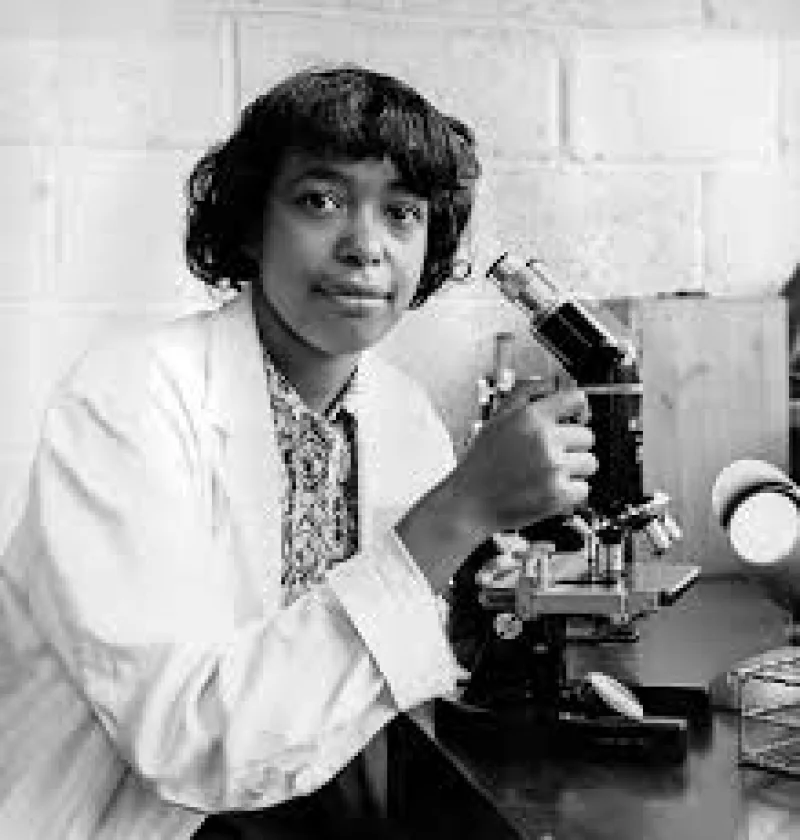Short Summary
Lynn Margulis was an influential American biologist whose groundbreaking work on the endosymbiotic theory transformed our understanding of cellular evolution. Her research demonstrated how complex cells evolved from symbiotic relationships between different species of bacteria. Margulis's work challenged established scientific views and contributed significantly to the field of evolutionary biology. She is celebrated for her pioneering ideas and her ability to inspire new ways of thinking about life on Earth.
Early Life & Education
Lynn Margulis was born on March 5, 1938, in Chicago, Illinois, to a Jewish family. Her father was a lawyer and her mother worked for the Chicago Housing Authority. From a young age, she showed a keen interest in the sciences. Margulis attended the University of Chicago's Laboratory Schools and entered the University of Chicago at the age of 16, where she received her bachelor's degree in Liberal Arts. She later earned a master's degree in genetics and zoology from the University of Wisconsin-Madison and completed her Ph.D. in genetics from the University of California, Berkeley. Her early educational experiences laid the foundation for her future contributions to science.
Career Highlights
Throughout her career, Lynn Margulis made significant contributions to the field of evolutionary biology. In the 1960s, she developed the endosymbiotic theory, which posited that certain organelles within eukaryotic cells originated from symbiotic relationships between separate single-celled organisms. Despite initial skepticism, her theory gained acceptance and is now a fundamental concept in biology. Margulis was a prolific author, publishing numerous scientific papers and books. She served as a faculty member at Boston University and later at the University of Massachusetts Amherst, where she continued her research and teaching until her retirement.
Major Achievements
- Developed the endosymbiotic theory, fundamentally altering the understanding of cell evolution.
- Elected to the National Academy of Sciences in 1983 for her contributions to evolutionary biology.
- Received the National Medal of Science in 1999, acknowledging her pioneering work in science.
- Authored numerous influential books, including "Symbiosis in Cell Evolution."
- Promoted interdisciplinary approaches in scientific research, bridging biology and geology.
Famous Quotes
- "Life did not take over the globe by combat, but by networking."
- "Gaia is a tough bitch."
Interesting Facts
- She was married to astronomer Carl Sagan, with whom she had two children.
- Her endosymbiotic theory was initially rejected by over a dozen scientific journals.
- Margulis was a strong advocate for the Gaia hypothesis, emphasizing Earth's symbiotic systems.
- She was known for her unorthodox teaching methods, often engaging students in heated debates.
- Margulis never learned to drive a car, preferring other modes of transportation.
Legacy / Influence
Lynn Margulis's contributions have left an indelible mark on the field of evolutionary biology. Her endosymbiotic theory is a cornerstone of modern biological understanding, influencing research across multiple disciplines. Her work has inspired generations of scientists to explore the interconnectedness of life and to adopt interdisciplinary approaches in their research. Margulis's legacy continues to shape scientific thought and education worldwide.
FAQ
Q: Why is Lynn Margulis famous?
A: She is famous for developing the endosymbiotic theory, which transformed the understanding of cellular evolution.
Q: What is the endosymbiotic theory?
A: It is the theory that certain organelles within eukaryotic cells originated from symbiotic relationships between single-celled organisms.
Q: Did Lynn Margulis receive any major awards?
A: Yes, she received the National Medal of Science in 1999 among other honors.
Q: Was she involved in any other scientific theories?
A: Yes, she was a proponent of the Gaia hypothesis, which views Earth as a complex, self-regulating system.











